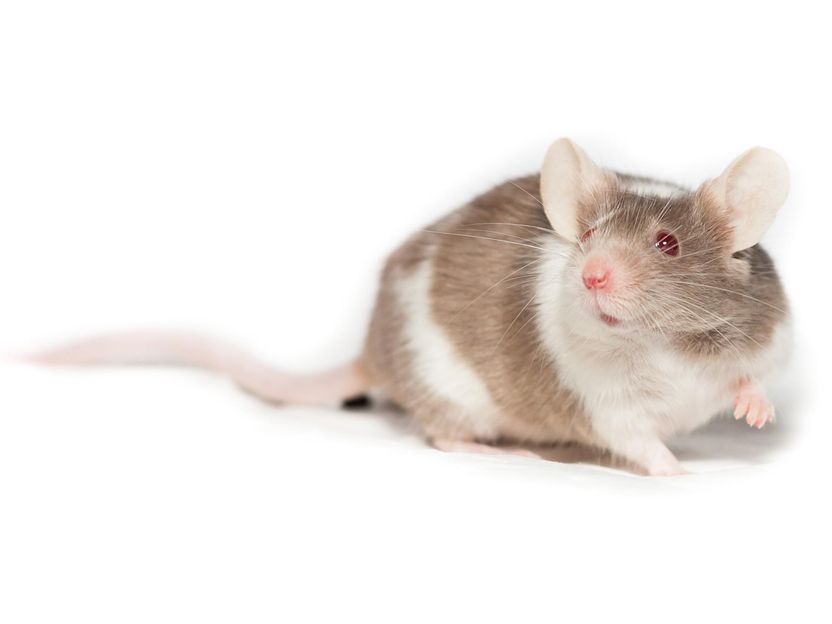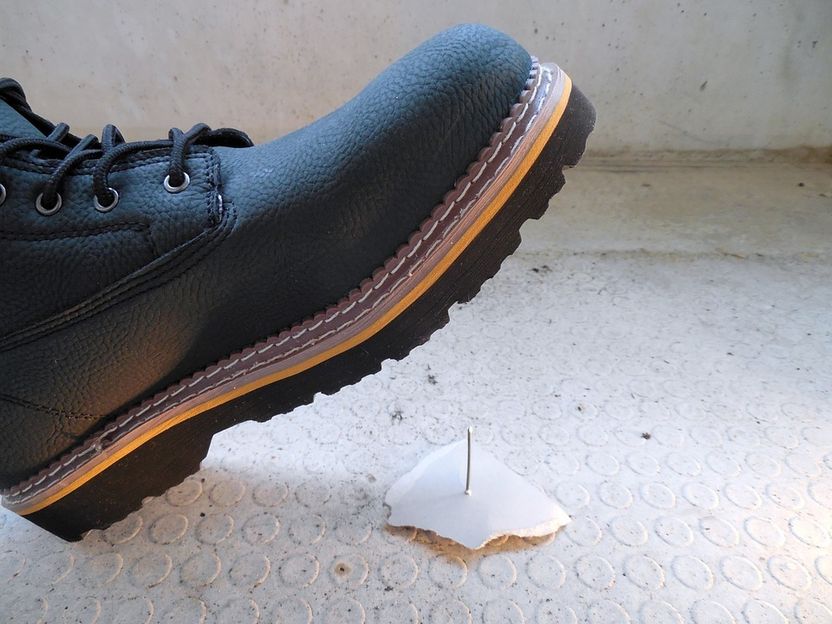Can chips replace animal testing?
Hebrew University and startup develop bionic chips to create cancer-fighting drugs without need for animal testing
A team of researchers led by Professor Yaakov Nahmias, director of the Grass Center for Bioengineering at the Hebrew University of Jerusalem and founder of Tissue Dynamic, introduced a new technological approach that has the potential to rapidly develop new drugs without the need for animal experiments.

Symbolic image
Photo by Kanashi on Unsplash
According to Professor Nahmias, "Drug development is a long and expensive endeavor that is defined by multiple failures. The main reason for this failure is that clinical experiments are ultimately based on minimal information gained from animal experiment which often fail to replicate the human response."
The primary animals used in drug development are rodents; mice and rats with different genetics, physiology and metabolism than humans leading to a situation where successful therapies in rodents often fail in clinical trials.
The Hebrew University team developed human-on-a-chip technology, using human tissues in a device, which mimics human physiology. While this type of technology has been in place for over thirty years, Professor Nahmias's research recently published in the Science Translational Medicine incorporating microscopic sensors in the human tissue itself enabling the team to precisely monitor the body's response to specific drug treatments.
"What makes our technology unique is that it allows us to go beyond what was ever possible with animal experimentation. We are now able to insert microsensors that offer us real time information on how drugs work and when they stop working," Professor Nahmias says.
Utilizing this new technology, the researchers were able to show that a the commonly used cancer drug, cisplatin, causes a dangerous buildup of fat in human kidneys. They were then able to combine this chemotherapy with a different drug, empagliflozin (Jardiance), designed to limit the absorption of sugar in the kidneys, to reduce the fatty buildup damage and minimize the kidney damage experienced by cancer patients during therapy.
This application represented the first time that the bionic chip was used to develop a drug protocol while avoiding the traditional dependence on animal testing. "This groundbreaking technology has the potential to significantly reduce the testing and production time for drugs while also avoiding the need to test animals in the lab. This will save time, money and certainly unnecessary suffering. Our company Tissue Dynamic continues to develop innovative tools to aid in drug development and we are now moving ahead with clinical testing and working towards regulatory approval of specific drugs as a new way to treat cancer".
Original publication
Most read news
Original publication
Aaron Cohen et al.; "Mechanism and reversal of drug-induced nephrotoxicity on a chip"; Science Translational Medicine; 24 Feb 2021: Vol. 13, Issue 582, eabd6299
Topics
Organizations
Other news from the department science

Get the life science industry in your inbox
By submitting this form you agree that LUMITOS AG will send you the newsletter(s) selected above by email. Your data will not be passed on to third parties. Your data will be stored and processed in accordance with our data protection regulations. LUMITOS may contact you by email for the purpose of advertising or market and opinion surveys. You can revoke your consent at any time without giving reasons to LUMITOS AG, Ernst-Augustin-Str. 2, 12489 Berlin, Germany or by e-mail at revoke@lumitos.com with effect for the future. In addition, each email contains a link to unsubscribe from the corresponding newsletter.
Most read news
More news from our other portals
Something is happening in the life science industry ...
This is what true pioneering spirit looks like: Plenty of innovative start-ups are bringing fresh ideas, lifeblood and entrepreneurial spirit to change tomorrow's world for the better. Immerse yourself in the world of these young companies and take the opportunity to get in touch with the founders.
Last viewed contents
Valinemia
S1909/A2840
Gladys_Dull
Bovine_malignant_catarrhal_fever

Pain sensors specialized for specific sensations
Internal_ribosome_entry_site
William_Banting
Arthur_Ham






















































